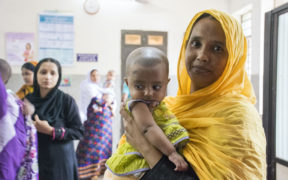Author:
Reana Thomas
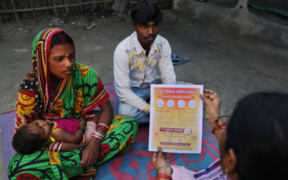
Season 3 of the Inside the FP Story podcast explores how to approach gender integration in family planning programs. It covers the topics of reproductive empowerment, gender-based violence prevention and response, and male engagement. Here, we summarize key insights shared by the season’s guests.
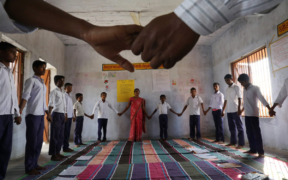
The Inside the FP Story podcast explores the fundamentals of designing and implementing family planning programming. Season 3 is brought to you by Knowledge SUCCESS, Breakthrough ACTION, and the USAID Interagency Gender Working Group. It will explore how to approach gender integration in family planning programs—including reproductive empowerment, gender-based violence prevention and response, and male engagement. Over three episodes, you will hear from a variety of guests as they offer practical examples and specific guidance on integrating gender awareness and equality within their family planning programs.
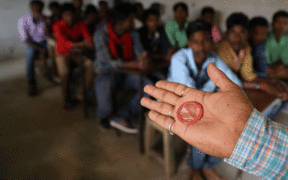
Approximately 121 million unintended pregnancies occurred each year between 2015 and 2019. When used correctly, female condoms are 95% effective at preventing pregnancy and sexually transmitted infection. Male (external) condoms provide a nearly impermeable barrier to particles the size of STI pathogens and HIV and are 98% effective at pregnancy prevention when used properly. Condoms remain the most used family-planning method among youth and offer protection from unintended pregnancy, STIs, and HIV.
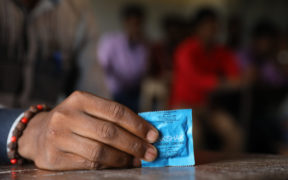
Many people forget the power of condoms as a family planning tool. This collection reminds us how condoms remain relevant even as FP/RH innovations arise.
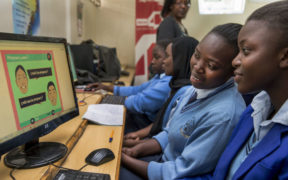
In spite of all the interest in individual know-how and learning, capturing and sharing tacit program knowledge remains a significant challenge and requires social interaction. This is exactly what Knowledge SUCCESS set out to change with the introduction of the Learning Circles regional cohort series. Informal, cross-organizational knowledge and information sharing that aligns with regional context are in demand. FP/RH professionals call for new ways to access and use evidence and best practices to optimize FP/RH programs.

FHI 360 developed and implemented a multicomponent mentoring program for ABYM (ages 15–24) called Young Emanzi. The program promotes positive gender norms, gender-equitable and healthy relationships, and economic productivity while also addressing the reproductive health needs of ABYM.





